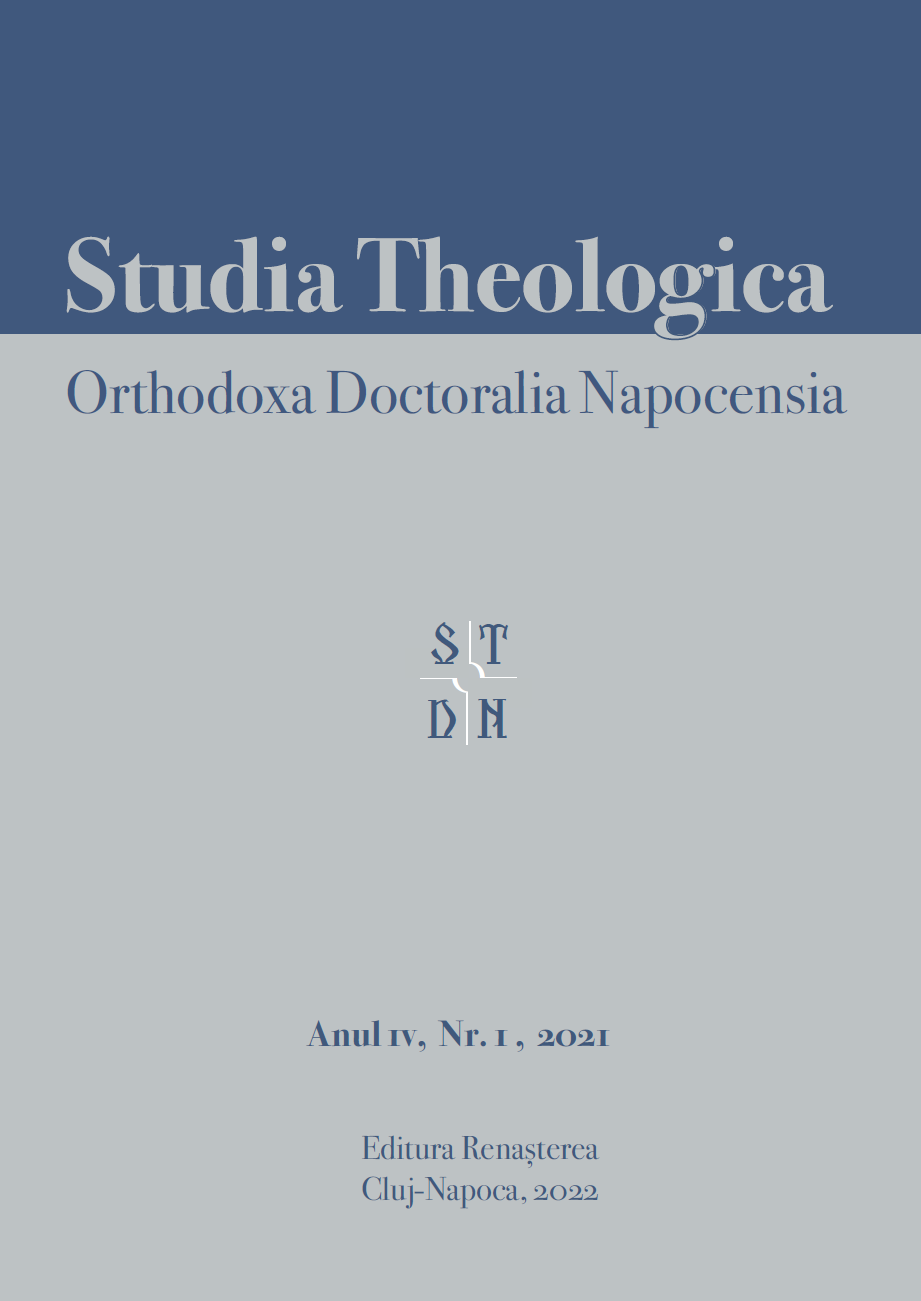Materiile euharistice în Biserica Ortodoxă și materiile Cinei Domnului în penticostalismul românesc
Eucharistic materials in the Orthodox Church and Lord's Supper materials in Romanian Pentecostalism
Author(s): Adrian Radu LeșSubject(s): Christian Theology and Religion, Theology and Religion
Published by: EDITURA RENAȘTEREA
Keywords: Eucharistic materials; bread; unleavened bread; wine; grape must;
Summary/Abstract: This article develops and analyzes an aspect of cultic practice from the perspective of Orthodox theology and Pentecostal movement. We will use in our analytical approach the support of etymology, biblical commentaries, patristic, canonical and praxiological sources. he aim of this study is to highlight the similarities and differences between the practice of the two Christian cults and the way of arguing in favor of a practice. In the Orthodox Church at the Holy Eucharist, leavened bread, fermented wine and water are used. In the practice of Pentecostal worship there is more diversity: you can use leavened bread and fermented wine, unleavened bread (in which oil is put) and grape must, the practice tending to generalize the use of unleavened bread and grape must. Even though the Pentecostal practice is intended to be based exclusively on the Bible, I have shown that this practice is in fact one based on one of the theories that can be born from a biblical critique. In the case of the Orthodox Church, I believe that the answer to this question lies in one of the sources of canon law, namely the custom of canon law. hat is, the Church has always used these matters for the Eucharist, without giving this aspect an argumentative support, at least in the first centuries.
Journal: Studia Theologica Orthodoxa Doctoralia Napocensia
- Issue Year: 4/2021
- Issue No: 01
- Page Range: 106-122
- Page Count: 17
- Language: Romanian

